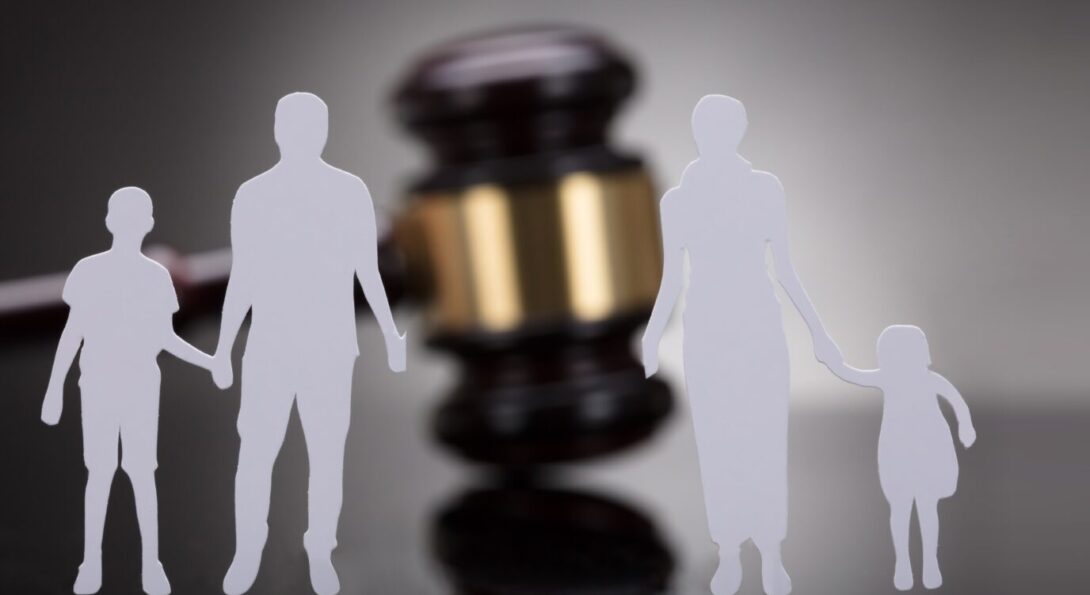Past Policy Projects

Father-child contact and family-strengthening treatment during incarceration on father-child relationships. The study sample derives from the Multisite Family Study on Incarceration, Partnering, and Parenting (MFS-IP). The MFS-IP is a longitudinal study that evaluated the implementation and impact of family-strengthening programs on relationship and incarceration trajectories for nearly 2,000 incarcerated and reentering fathers located in five states. Ordered logit models were used to investigate the effects of three forms of father-child contact and family-strengthening treatment during prison on father-child relationships among fathers imprisoned in correctional facilities in two Midwestern states. Visits, phone calls, and treatment had positive and significant associations with father-child relationship quality.
Publication:
- McLeod, B.A. (2021). The effects of multiple forms of father-child contact during imprisonment on fathers’ reports of relationship quality. Corrections, 8(4), 309-327. https://doi.org/10.1080/23774657.2021.1874846
Fathers’ incarceration, coparenting, and the literacy trajectory of African American boys. The study analyzed five waves of the Future of Families and Child Well-being study, which provided measures of paternal incarceration and vocabulary of focal children in the study. The findings provided that paternal incarceration consistently had a negative effect on focal sons' educational outcomes across four waves of data. There was general agreement across fathers' and mothers' reports assessing the co-parenting relationship, in which fathers tended to assess the co-parenting relationships slightly stronger than did mothers. The study findings suggest that mothers and fathers co-parenting relationship did not have a sizable or significant direct influence on sons' educational outcomes across waves. However, the co-parenting construct did decrease the effect of incarceration on sons' outcomes.
Publication:
- McLeod, B. A., Johnson Jr, W. E., Cryer-Coupet, Q. R., & Mincy, R. B. (2019). Examining the longitudinal effects of paternal incarceration and co-parenting relationships on sons' educational outcomes: A mediation analysis. Children and Youth Services Review, 100, 362–375. https://doi.org/10.1016/j.childyouth.2019.03.010
Incarceration and child support arrears among low-income fathers. The child support program promotes parental responsibility so that children receive support from both parents even when they live in separate households. While this program aims to reduce poverty, the program has financially burdensome consequences for low-income, noncustodial parents who have experienced incarceration. The data we used in this study was from the Future of Families and Child Wellbeing Study. The study results imply that incarceration is a predictor of fathers' accruing child support debt, and fathers who have experienced incarceration tend to have higher child support arrears than fathers who have not experienced incarceration. This illustrates that people seeking to reintegrate into society from correctional institutions face economic disadvantages making it more difficult for them to contribute financially to their families. This study concludes with policy solutions that create cohesion between the child support and criminal legal systems.
Publication:
- McLeod, B. A., & Gottlieb, A. (2018). Examining the relationship between incarceration and child support arrears among low-income fathers. Children and Youth Services Review, 94, 1-9. https://doi.org/10.1016/j.childyouth.2018.09.022